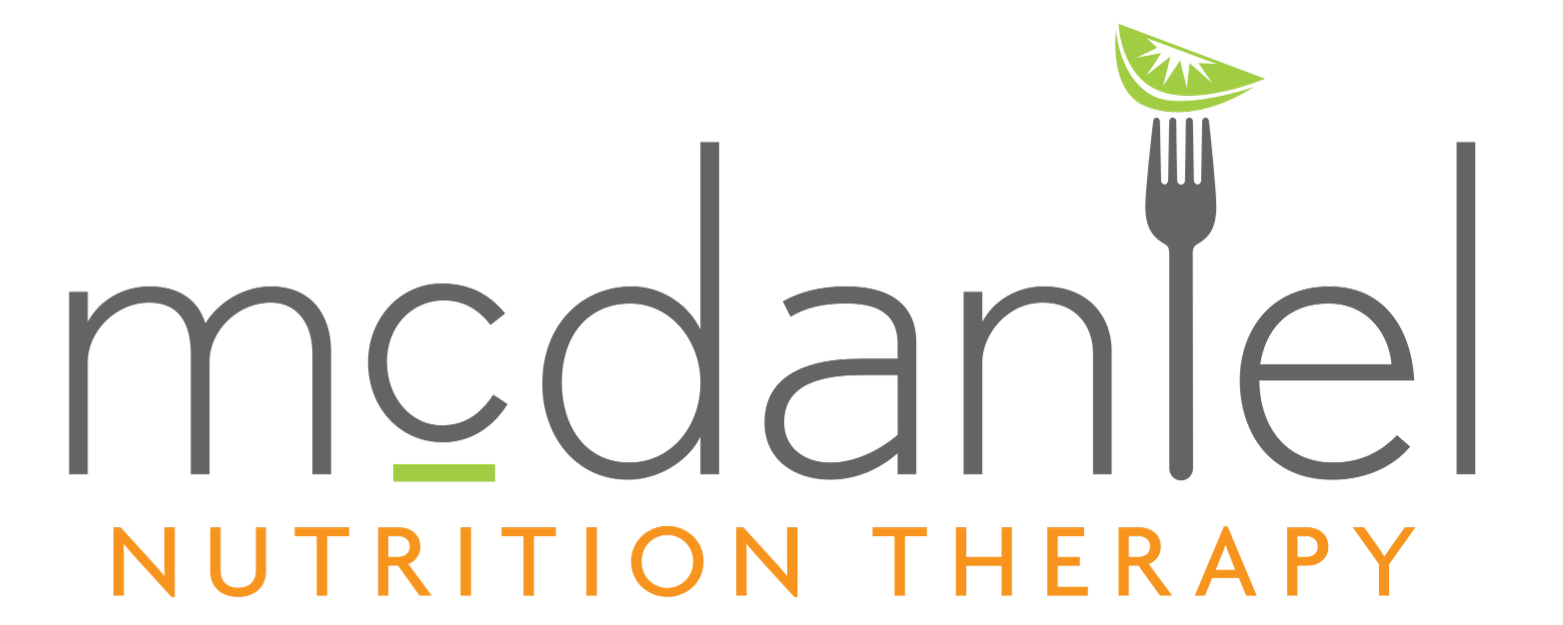When it comes to fertility, there’s no single “magic food.” But research continues to show that what we eat can influence hormone balance, egg and sperm quality, and overall reproductive health. Nutrition is one of the most modifiable factors we can control, offering a supportive role on the fertility journey.
The encouraging part? A fertility-friendly diet isn’t complicated — it reflects the same whole-food, balanced eating pattern that benefits overall health.
Key Nutrients for Fertility
Folate and Folic Acid
Folate-rich foods and folic acid supplements play a central role in reproductive health. They support DNA synthesis and healthy egg and sperm development.
- Leafy greens: spinach, kale, collards
- Beans and lentils
- Cruciferous vegetables: broccoli, Brussels sprouts, asparagus
- Beets and avocados
Omega-3 Fatty Acids
Omega-3s reduce inflammation and support hormone production.
- Fatty fish: salmon, sardines, mackerel, light tuna
- Nuts and seeds: walnuts, chia, flax
- Soy-based foods: tofu, edamame
Antioxidants
Antioxidants such as vitamin C, vitamin E, and polyphenols help protect reproductive cells from oxidative stress.
- Berries: blueberries, raspberries, strawberries
- Apples
- Beans: kidney, pinto, black, small red beans
- Artichokes and dark chocolate
Other Fertility-Supportive Foods
- Whole grains to regulate blood sugar
- Lean proteins (chicken, fish, eggs, lentils) for cell building blocks
- Dairy or fortified alternatives for calcium and vitamin D
- Hydration through water and herbal teas for cellular function
How to Incorporate Fertility Foods into Daily Eating
Making fertility foods part of everyday meals doesn’t have to be complicated. Here are some simple strategies:
- DIY Trail Mix: Combine nuts, seeds, and dried berries for a nutrient-rich snack.
- Roasted Chickpeas: Season and bake for a crunchy, portable option.
- Edamame Packs: Heat and eat for protein and folate.
- Apples with Almond Butter: A combination of antioxidants, fiber, and healthy fats.
- Smoothies: Blend frozen berries, spinach, chia seeds, and yogurt or fortified milk.
- Protein Swaps: Replace red meat with beans, lentils, tofu, or fatty fish several times per week
For recipe inspiration, explore these McDaniel Nutrition Therapy favorites:
- Healthy Trail Mix Recipe, 3 Ways: https://mcdanielnutrition.com/healthy-trail-mix/
- Spiced Roasted Chickpeas: https://mcdanielnutrition.com/spiced-roasted-chickpeas/
- Time-Saving Frozen Smoothie Packs: https://mcdanielnutrition.com/time-saving-smoothie-packs-2/
- No-Flip Garlic Aioli Salmon: https://mcdanielnutrition.com/garlic-aioli-salmon/
Takeaway
A fertility-friendly diet emphasizes variety over restriction. Aim for a colorful plate filled with fruits, vegetables, whole grains, lean proteins, and healthy fats. Unless there are medical, ethical, or religious reasons, there is no need to completely avoid specific foods. Instead, consistent, nutrient-dense choices can help nourish the body and support reproductive health.

